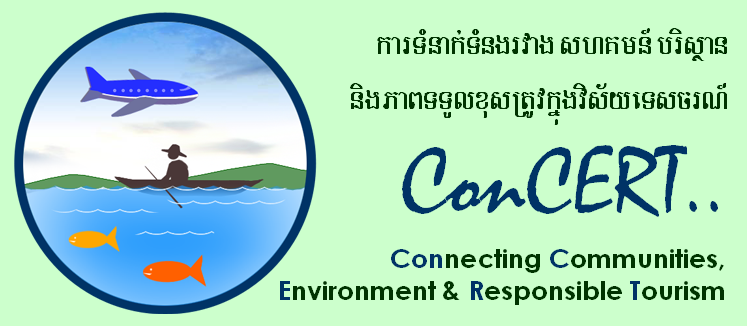So, what do we think makes for a good volunteer placement…
The truth is there isn’t a “one size fits all” answer to many volunteering questions. Take the seemingly simple issue of minimum periods for volunteering and the oft quoted mantra: “It’s better to volunteer for a long time than a short time – short volunteer placements with children are bad”
Well, short term placements certainly can cause problems if there’s a constant stream of poorly supervised volunteers making inappropriate relationships and attachments with children. Equally, the wrong volunteer in the wrong place for 3 months can cause serious problems all round. On the other hand, whilst it takes careful planning, it’s perfectly possible to have a very successful volunteer placement with children for an afternoon if you can do magic shows for children, or origami, or read poetry, or teach arts and crafts, or play a guitar, or could run a simple science experiment…
Having said that, of course you need to ask some questions. When you volunteer, especially in a foreign country, you rely heavily on the guidance and support of those in charge. You quite reasonably assume many things about the project where you’ll be working, and you need to be sure that these basic requirements are in place:
- Does the project truly understand the problems it is trying to improve?
- Does it have effective programmes to deal with the problems?
- Why does it use volunteers?
- What do volunteers do?
- How are volunteers screened and matched to the project?
- How are they supervised and supported?
- What impact do the volunteers have on local people’s jobs?
- What impact are the volunteers having on the local staff/children/community?
- After the volunteer has left, are local people more empowered and stronger or more dependent on the next volunteer?
- If required, what general support is there to cope with life in a country where so many things are different, and are reasonable steps taken to ensure the volunteer’s safety?
If you book through a volunteer programme:
- Ask what has been achieved by previous volunteers
- Look at their responsible tourism policy
- Do you know very clearly how your money is being used? How much of the fee goes to the project?
Be wary if they
- Resist putting you in touch with previous volunteers or local people
- Don’t clearly explain where and how you fit into their overall plans
- Don’t ask many questions about you (except how you’re going to pay)
It is particularly beneficial where volunteers can develop the capacity of the local staff in an project. An example might be where a professional teacher volunteers to work primarily with the local teaching staff in a school or centre, rather than teaching the pupils directly. In this way the volunteer is less disruptive to the pupils and can pass on relevant skills and experience to local teachers.
There are also a few things that you can do:
- Plan ahead – think about why you want to volunteer, what you want to achieve, how long can you volunteer for?
- Research volunteering opportunities and make contact with your chosen project in plenty of time. The sooner you get in touch, and the longer you can stay, the more options you will have, and the more successful your placement will be
- Find out what you can about Cambodia before you arrive. Researching on the internet or reading some of the many travel books will pay dividends, especially in understanding local customs and in avoiding innocent misunderstandings
- Be sensitive to the Cambodian culture; dress and behave appropriately. Wear modest clothing; nothing skimpy, particularly women as Khmer culture is very conservative in the way women dress. Men should always wear a shirt whilst teaching or in other similar situations
- Try to ensure that your stay brings benefits to the wider community – help the local economy by buying local products in preference to imported goods
- If you want to make a donation, ask what your chosen project needs – it’s best not to assume and just buy things before you arrive
- Use water sparingly – there is an ever increasing demand in Siem Reap
- Play your part in the government’s attempts to keep Siem Reap clean – dispose of your litter carefully
- Remember you are a role model and ambassador for yourself and your home country. Set a good example at all times in the way your dress, your behaviour, and your time keeping
To sum up, everything that volunteers do should help the local community to grow in skills and confidence; we see a volunteer’s role falling into 5 main areas:
- understanding what the project is trying to do (including such things as the cultural, economic, social, and local community dimensions)
- helping the local project team to achieve what they want to achieve
- sharing the volunteer’s experiences, skills, and culture in appropriate ways
- during the placement the volunteer may see and suggest new ideas or new ways of doing things
- if the local staff are interested in following up on these, the volunteer can help to find ways they can be achieved
